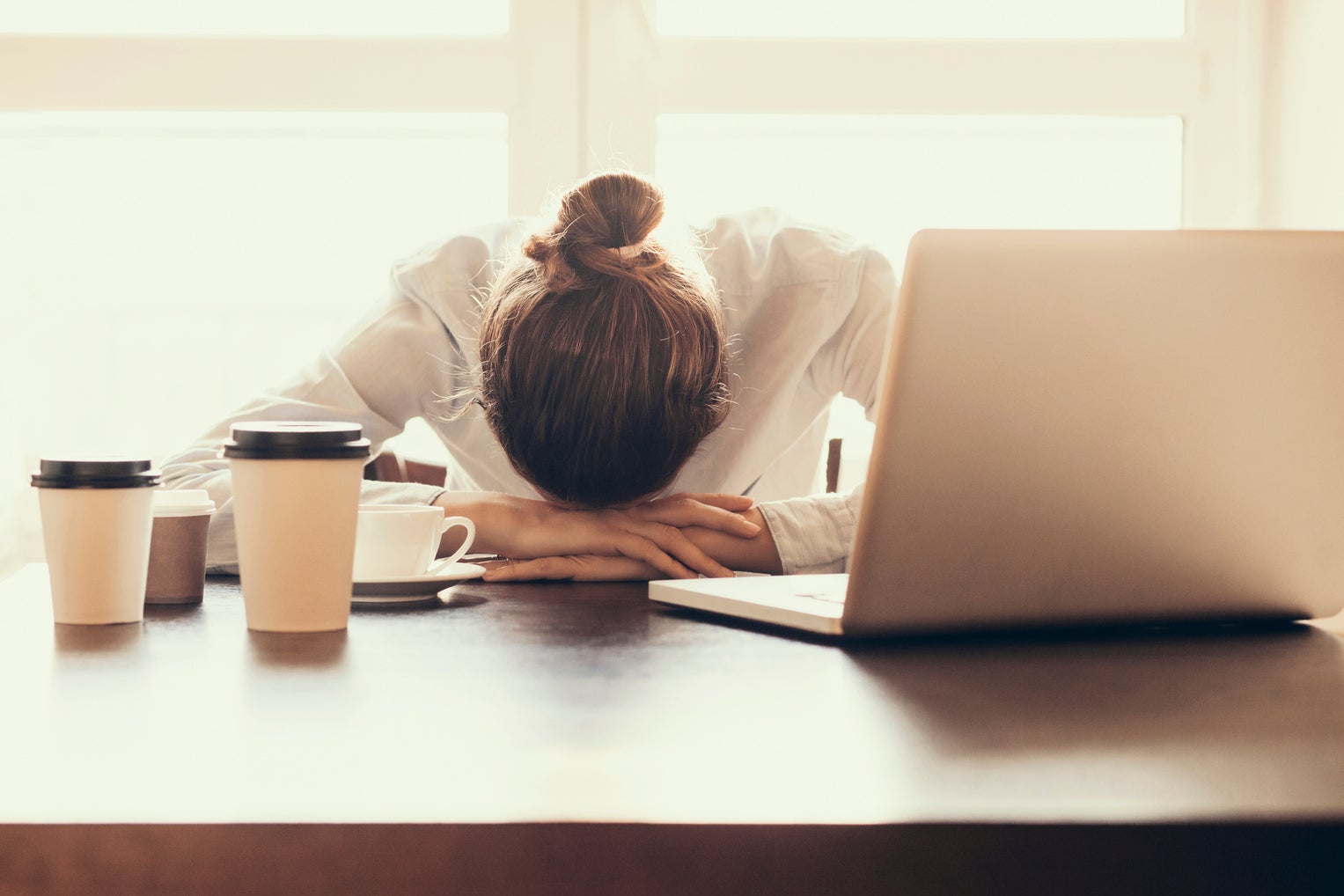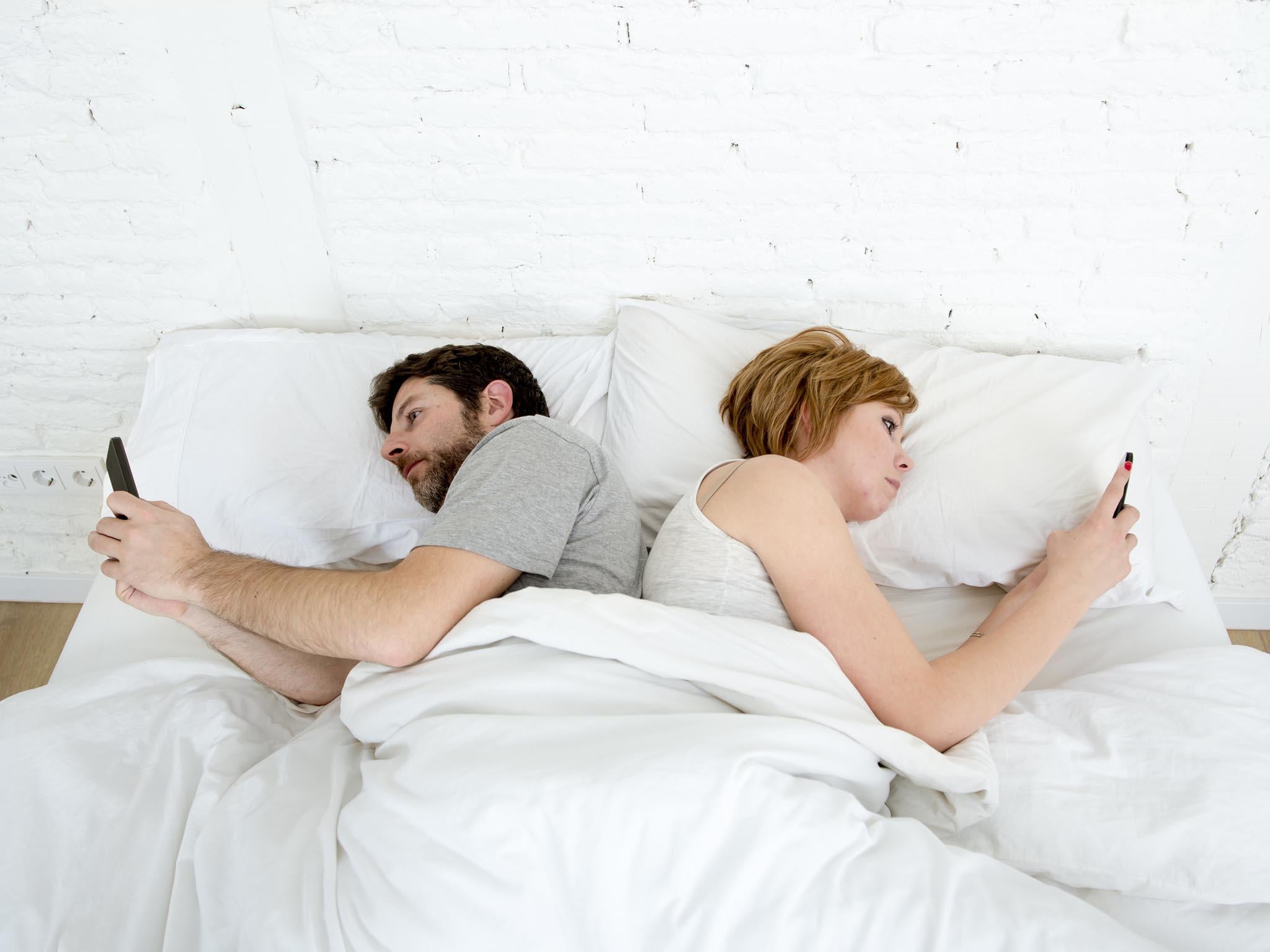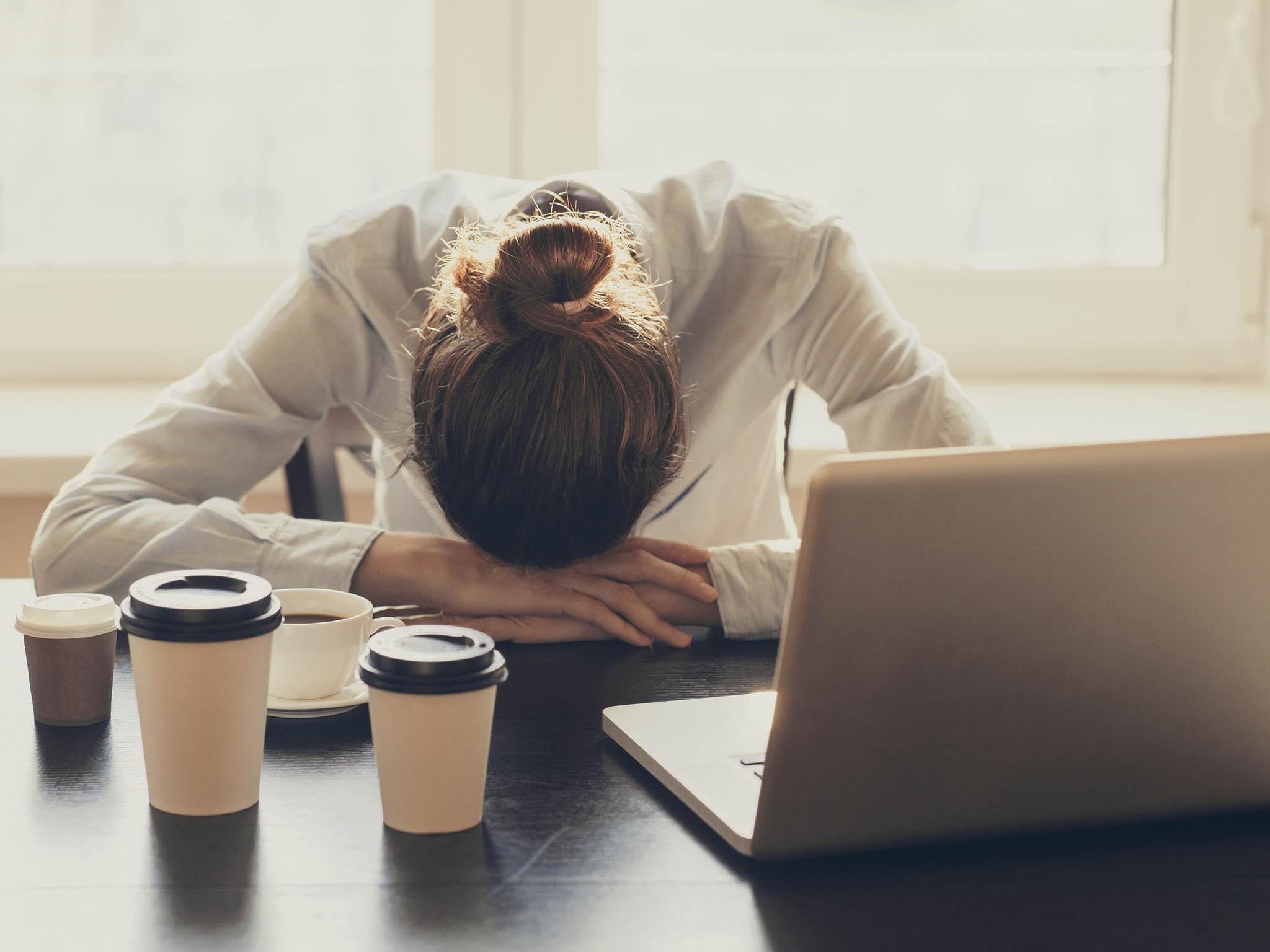Struggling to fall asleep at night? This test will tell you just how tired you really are
All you need is a spoon and a metal tray

Your support helps us to tell the story
From reproductive rights to climate change to Big Tech, The Independent is on the ground when the story is developing. Whether it's investigating the financials of Elon Musk's pro-Trump PAC or producing our latest documentary, 'The A Word', which shines a light on the American women fighting for reproductive rights, we know how important it is to parse out the facts from the messaging.
At such a critical moment in US history, we need reporters on the ground. Your donation allows us to keep sending journalists to speak to both sides of the story.
The Independent is trusted by Americans across the entire political spectrum. And unlike many other quality news outlets, we choose not to lock Americans out of our reporting and analysis with paywalls. We believe quality journalism should be available to everyone, paid for by those who can afford it.
Your support makes all the difference.Do you often feel yourself nodding off at work or on the tube but struggle to fall asleep at night? You’re not alone and chances are you could be sleep deprived.
Luckily, this test will tell you just how tired you really are.
According to the NHS, one in three of us suffer from poor sleep with anxiety, technology and taking work home all to blame, but while feeling grumpy can be bothersome it’s the least of your worries.
Sleep deprivation can also have consequences on your physical health putting you at serious risk of medical conditions such as obesity, heart disease and diabetes.
But how can you tell if you’re getting enough sleep? It turns out all you need is a spoon and a metal tray.
Dr Michael Mosley recommends taking the Sleep Onset Latency Test which was developed by Nathaniel Kleitman, a professor from the University of Chicago.

“It's based on solid science,” Mosley writes in the Daily Mail.
To take the test, you need to “lie down in a quiet, darkened room in the early afternoon clutching a spoon, which you hold over the edge of the bed.”
“You put a metal tray on the floor by your bed, check the time, then close your eyes. The question is: do you fall asleep and if so how soon after you lie down?”
The concept relies on the fact that when you eventually drift off, the spoon will drop and land on the tray causing a loud bang and wake you up.
At this point, you should immediately check the time to see how long it took you to fall asleep.
According to Professor Kleitman, if you fall asleep within five minutes you could be severely sleep deprived while ten minutes indicates that you’re struggling to get a good night’s kip.

If you beat the fifteen minute mark though, you're probably doing just fine.
Of course, with this test there is always the danger that the spoon might miss the tray. In this case, Dr Mosley suggests a simpler version where you set an alarm for fifteen minutes and see if you fall asleep before it sounds.
Join our commenting forum
Join thought-provoking conversations, follow other Independent readers and see their replies
Comments